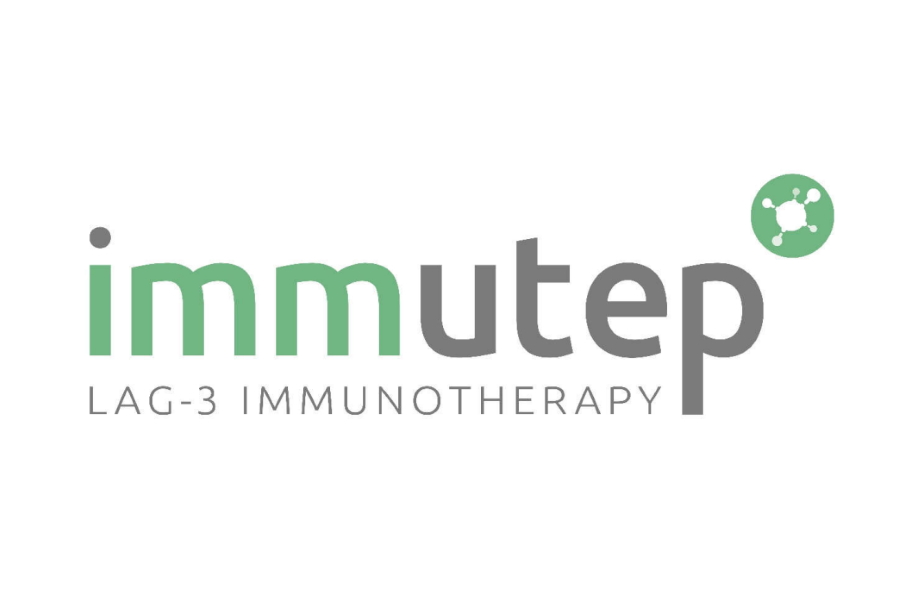Immutep's LAG-3 drug 'dramatically undervalued,' says analyst

Australian biotech Immutep's LAG-3 checkpoint inhibitor eftilagimod alpha (efti) may not be the first drug in the class to reach the market, but is a strong contender and, according to at least one analyst, is on course for multibillion-dollar peak sales.
Immutep claimed fast-track status from the FDA for efti last week as a combination therapy alongside Merck & Co's PD-1 inhibitor Keytruda (pembrolizumab) for previously-untreated non-small cell lung cancer (NSCLC), based on the results of the phase 2 TACTI-002 study.
The study showed that the combination has the potential to "provide a safer and better tolerated alternative" to the use of PD-1/PD-L1 drugs plus chemotherapy in first-line NSCLC, the current standard of treatment, according to Dr Chris Redhead of Goetz Partners.
Keytruda plus efti delivered a 42% overall response rate (ORR) and 9.3-month median progression free survival (mPFS), compared to a 50% ORR and 7.2 month mPFS with Keytruda plus chemo, with fewer side effects.
The regimen offers "substantially expanding treatment responsive populations and decreasing toxicity-linked treatment discontinuation," he writes in a research note, adding that the fast-track status could speed up approval and is a "welcome lift" as Immutep plans a phase 3 trial of efti plus Keytruda in NSCLC.
Redhead reckons NSCLC is a $6 billion opportunity on its own for efti – given $17 billion-a-year Keytruda makes a large proportion of its revenues from NSCLC – with follow-up indications like head and neck and breast cancer pushing peak sales potential up to $8 billion.
Also in its favour is that LAG-3 is now a tried and tested target. Bristol-Myers Squibb claimed the first approval for a LAG-3 drug in March – getting a green light from the FDA for its relatlimab antibody in combination with its PD-1 drug nivolumab under the Opdualag brand name.
That approval was in melanoma, a much smaller patient population than NSCLC, although BMS is already testing Opdualag in NSCLC and other indications, including colorectal cancer, and has predicted it could make annual sales of $4 billion by the end of the decade.
A key readout for BMS will be a front-line phase 2 study of its combination in NSCLC due to read out in 2024, but its unclear if that could support approval so Immutep could be able to maintain a lead in this type of cancer.
Meanwhile, other drugmakers looking at LAG-3 drugs include Novartis – which is working with Immutep on a candidate called leramilimab – as well as Incyte and Regeneron.
Immutep has been building momentum behind efti, with a constant flow of positive data, including a phase 2b trial data in head and neck and breast cancer which showed improvements in overall survival, according to Redhead. It also has fast-track status as a combination with Keytruda in first-line treatment of recurrent or metastatic head and neck squamous cell carcinoma.
Noting that Immutep's share price has been hit by market turbulence and "flight from risk," he reckons efti is "dramatically undervalued" and will look more attractive as patents on the PD-1/PD-L1 inhibitor class start to expire in the coming years.
"Under threat from biosimilars, large pharma will be hungry for new products to protect and extend their proprietary markets; few other [PD-1/PD-L1] combos have delivered, and the chemo combo is not sufficient to extend patents," he notes.
Meanwhile, there is also preliminary data suggesting that triple therapy with Keytruda, efti, and chemo could unlock further efficacy gains and expand the proportion of cancer patients who respond to treatment – a hypothesis that is being tested in the INSIGHT-003 trial due to report before the end of this year.













